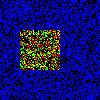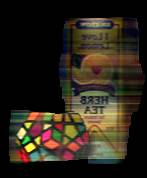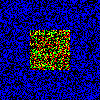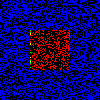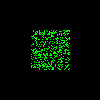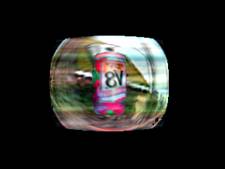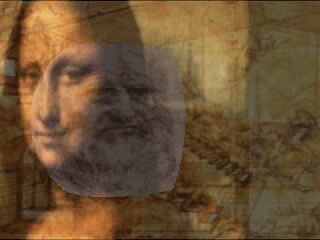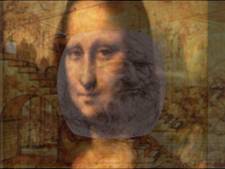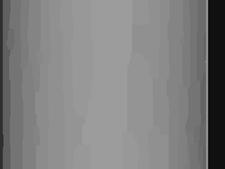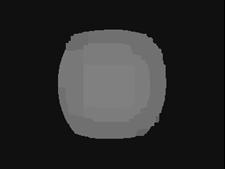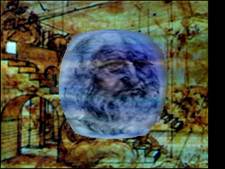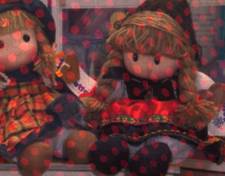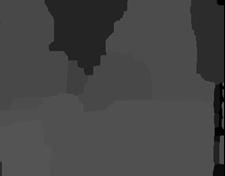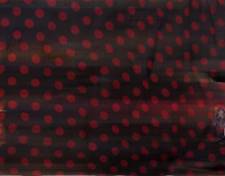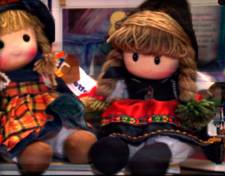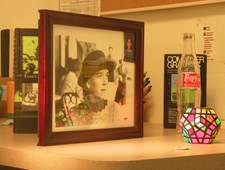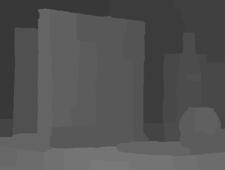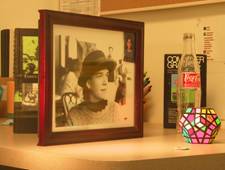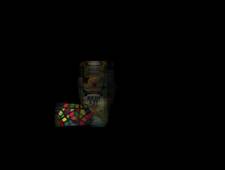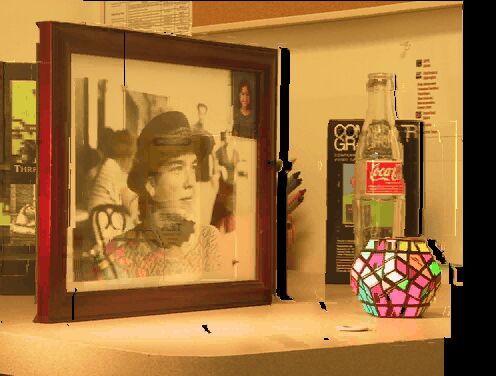Stereo
Matching with Linear Superposition of Layers
Yanghai Tsin, Sing Bing Kang and
Richard Szeliski
Problem
Given a sequence of images with
known camera motion, how do we separate effects due to linear superposition of layers
for arbitrarily shaped objects? Examples:
The setup for
the doll example is shown below:
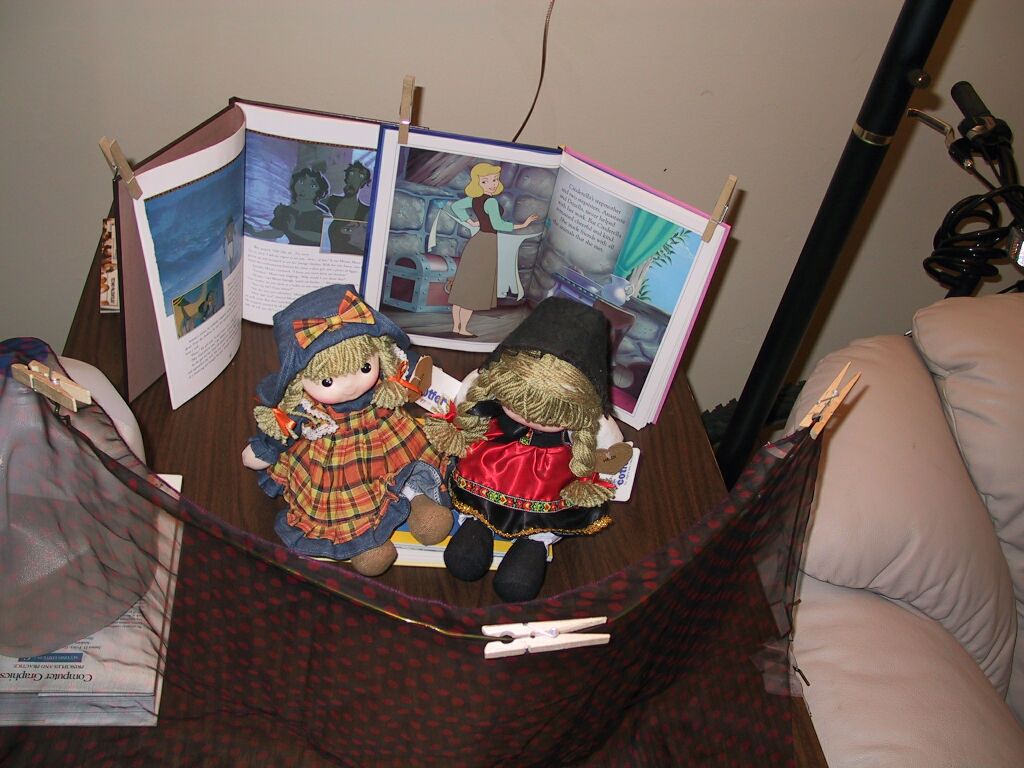
Our approach
We use a variant of the plane sweep
we call the nested plane sweep in order to estimate both frontal and rear
depths (assuming two layers for now). The resulting matching costs are used in
a graph cut to estimate the initial layer depths. This is followed by iterative
component color and depth estimation (see paper for details).
- Nested plane sweep for
reflection sequence above, shown as MPEG of error distribution (higher
intensity = larger error)
- Graph cut result (image)
|
Frontal
Depth |
Rear
Depth |
- Iterative component color
estimation algorithm
|
Observed
view |
Forward
warped frontal color |
Difference
image |
|
Min-composite
initialization (quite noisy) |
Output
of color update algorithm (with regularization) |
Color
update without regularization (streaking quite obvious) |
Results
|
Random dot sequence |
|||||
|
Reference
frame |
Frontal
depth |
Rear
depth |
Frontal
color |
Rear
color |
|
|
Marble wall sequence |
|||||
|
Reference
frame |
Frontal
depth |
Rear
depth |
Frontal
color |
Rear
color |
|
|
Mona Lisa sequence |
|||||
|
Reference
frame |
Frontal
depth |
Rear
depth |
Frontal
color |
Rear
color |
|
|
Translucency sequence |
|||||
|
Reference
frame |
Frontal
depth |
Rear
depth |
Frontal
color |
Rear
color |
|
|
Reflection sequence |
|||||
|
Reference
frame |
Frontal
depth |
Rear
depth |
Frontal
color |
Rear
color |
|
Application:
View synthesis
Once we have
separated the layers with their respective depths (currently at a chosen
reference view), we can then synthesize the original images using these layers. An example is given below. Note that the
synthesized sequence is generated using only the layers extracted at one
reference view (hence the observed cracks due to depth discontinuities at
different viewpoints).
|
Original (MPEG) |
Synthesized (MPEG) |



